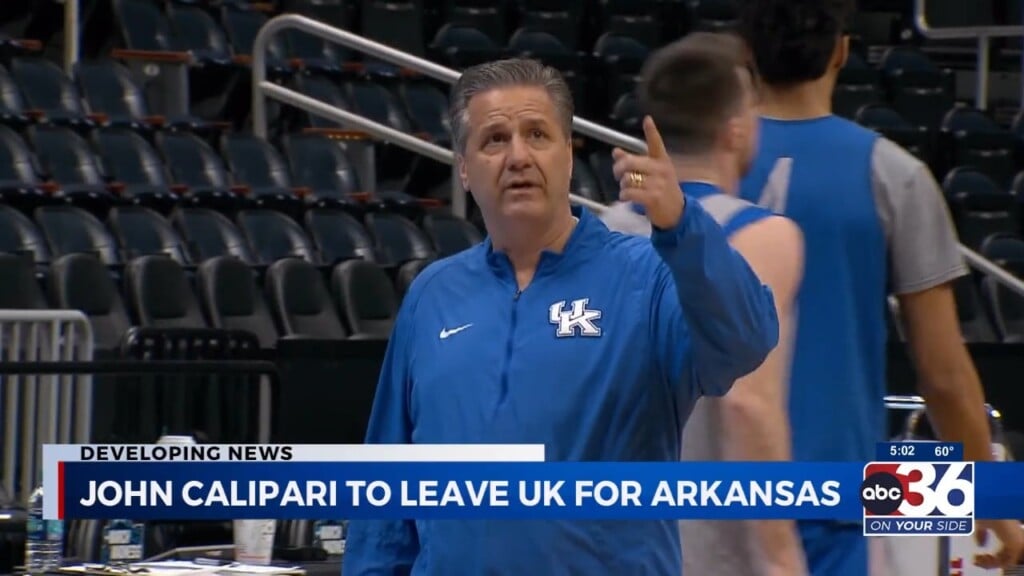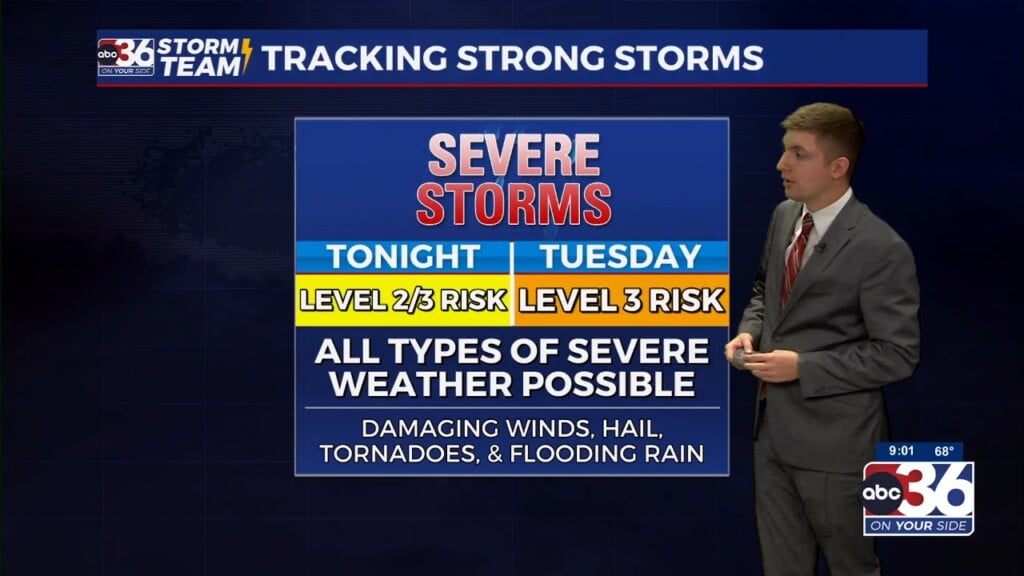Study: Veterans more likely to be the target of scams
FRANKFORT, Ky. (WTVQ) – On Veterans Day, the Office of the Attorney General is sending out a warning to veterans, alerting them of potential scams.
The office says the warning is necessary due to a recent AARP study that determined more veterans are targeted by con artists and fall victim to fraud compared to nonveterans. The study reports approximately 78% of veterans say, in the last five years, they were contacted by scammers looking to take advantage of their military veteran status.
According to the United States Department of Veterans Affairs, there are more than 300,000 veterans in Kentucky who could be the target of scams.
The AARP study looked at some of the most common scams targeted at veterans and offered tips on how to avoid them:
Charitable Donations
Scam: Con artists claim to be veterans or service members collecting charitable donations to support other veterans and veteran causes.
Tip: Verify all charities before making a donation and never send cash, wire money, pay in gift cards or use other untraceable methods of payment. Donors not familiar with a charitable organization can verify official organizations on CharityNavigator.org. Visit the Attorney General’s website to find additional research tools.
Military Discounts and Free Programs
Scam: Discounts on taxes, rent, prescription drugs and even medical bills. Scammers target veterans claiming to offer military discounts or access to free goods and services through special government programs. These programs are typically a disguise for a scam.
Tip: If a deal sounds too good to be true, it probably is. Many legitimate organizations do offer genuine discounts for veterans, but first research offers online and with the Better Business Bureau to ensure they are legitimate. Never provide sensitive personal or financial information in exchange for a “discount.”
U.S. Soldier Impersonation
Scam: A variety of veteran-specific scams appear as someone pretending to be a U.S. soldier and claiming they need financial help or are looking to sell goods and services for a cheap price. The scammers go as far as to open fake social media accounts and use stolen names and photos of actual U.S. soldiers.
Tip: Soldiers and their families are encouraged to actively search social media sites to see if a scammer is using their name and information. Soldiers should also conduct a Google image search of their social media profile pictures. If a soldier or a family member is being impersonated, the U.S. Army Criminal Investigation Command offers a flyer that provides resources to help stop fake profiles.
For a complete list of the top-10 veteran-specific scams and information on how to avoid them, click here. To report a scam, contact the Attorney General’s Office at 888-432-9257.




Leave a Reply